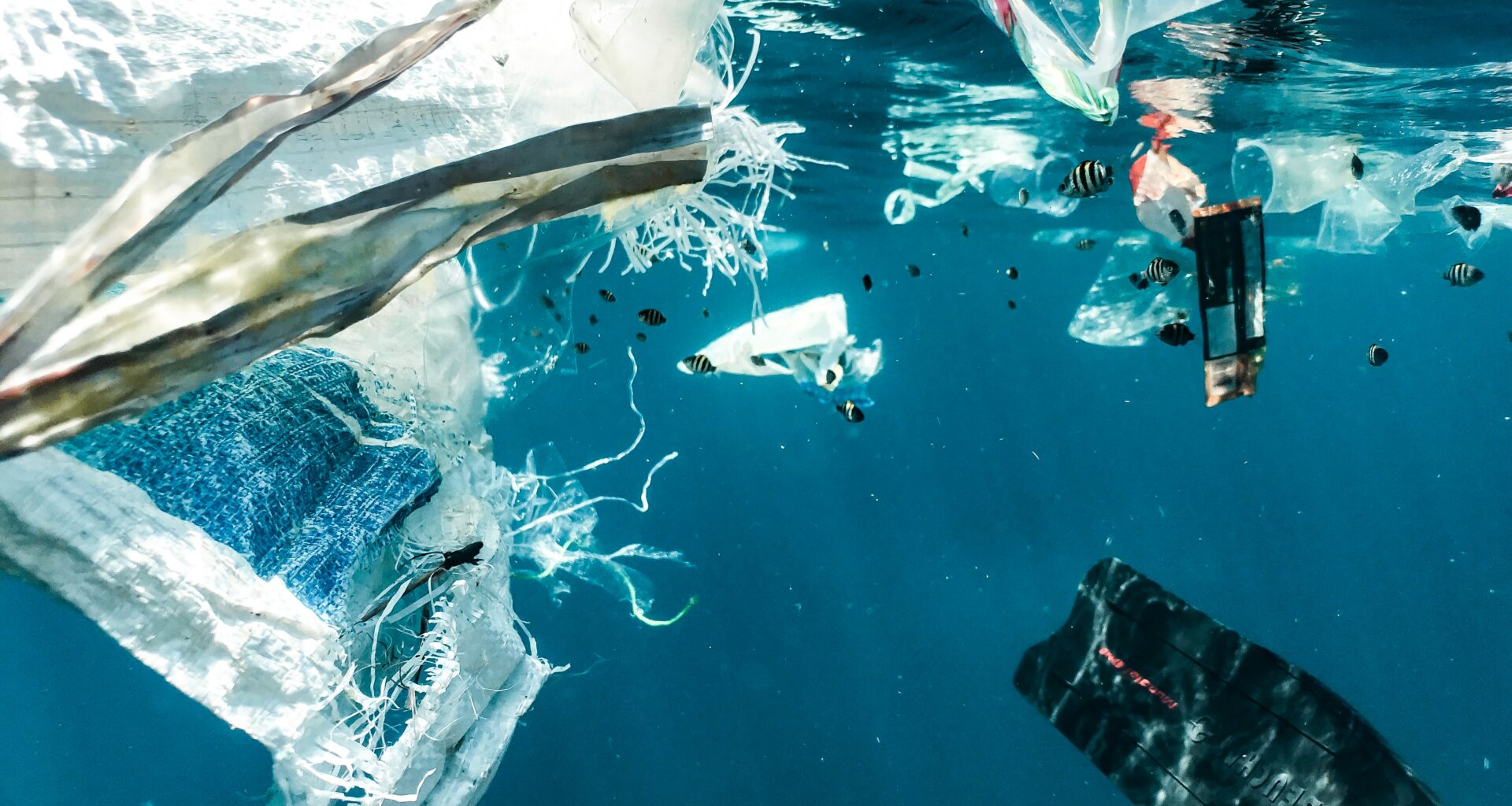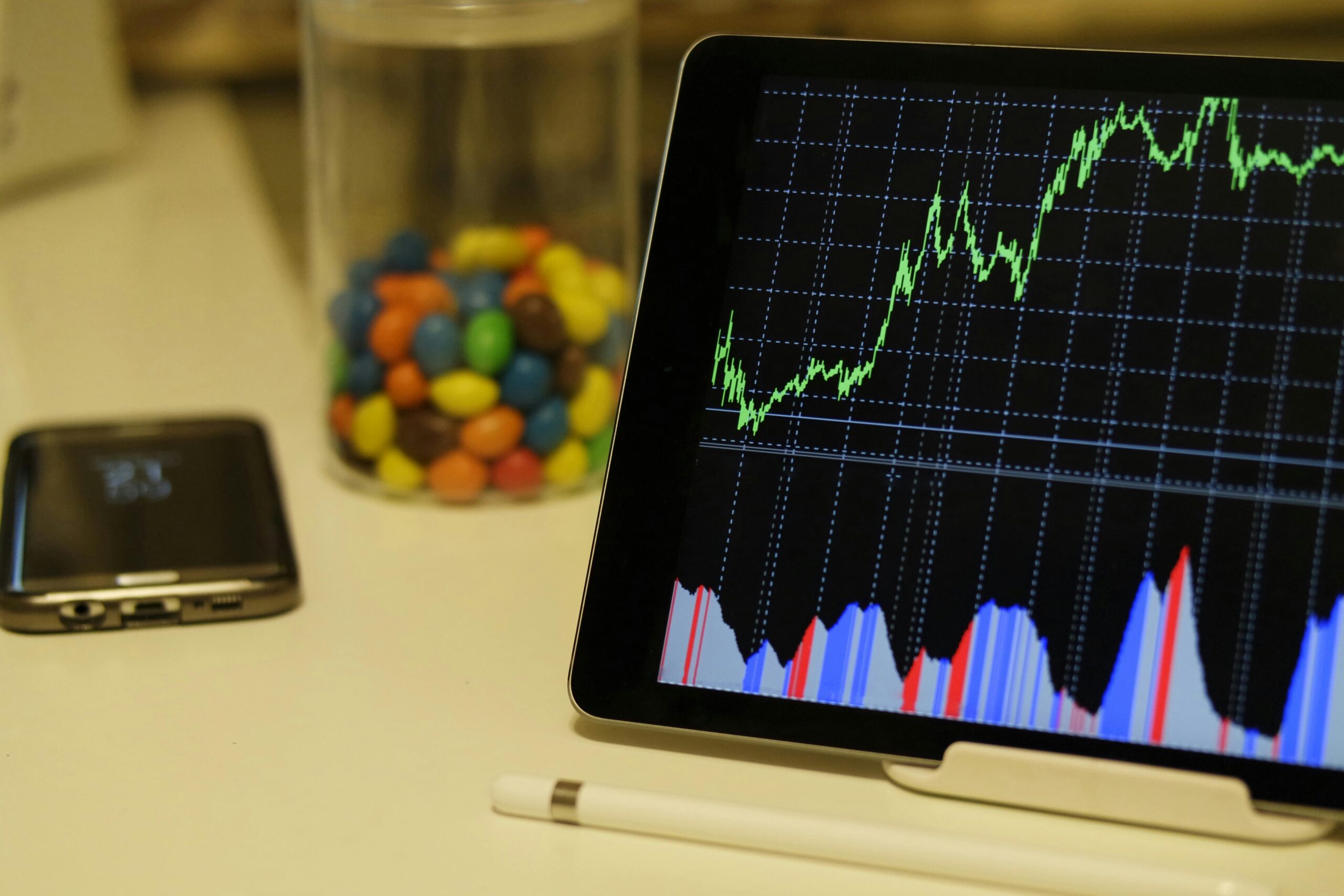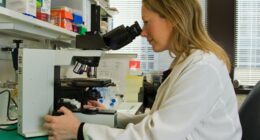The world will produce over 400 million tonnes of plastic this year, roughly the equivalent of the combined weight of the entire human population. The vast majority of that plastic will go to waste, due in large part to the inadequacy of current recycling technologies. Many newer technologies for recycling plastic have been found to be incomplete or ineffective solutions for addressing the scale of the problem.
One potential solution that is currently being tested and introduced into the market is called Hydrochemolytic™ Plastic Upgrading, or HPU. Aduro Clean Technologies, Inc. (CSE: ACT) (OTCQB: ACTHF) (FSE: 9D50) is currently engaging potential customers, including several multinational corporations involved in everything from plastic production to food packaging to building materials, in a pre-commercial program to test and refine HPU’s ability to recycle all manner of plastic products.
YouTube influencer and engineer Two Bit da Vinci, with over 656,000 subscribers on the platform, recently produced an in-depth video that examines the problem at large and goes behind the scenes to look at how HPU works.
Plastic Waste May FINALLY Have a Solution!
The first third of the video covers the plastic recycling dilemma as it stands now. The infusion of plastics into everyday life; the tremendous growth in production levels; the wide variety of plastic types which cannot be recycled together; and the limitations of existing mechanical recycling technologies.
The next portion of the video involves a visit to Aduro’s facility to learn more about the company’s history, technology, and capabilities. This section contains a clear explanation of the Hydrochemolytic™ process and its obvious advantages over existing systems.
- HPU is capable of recycling a wide variety of plastics with minimal sorting, and impurities like labels and food residue actually contribute to and catalyze the process.
- Aduro’s use of glycerin and other hydrogenating materials during recycling means the output doesn’t have to be hydrogenated, a requirement in other systems that is very costly and greatly increases carbon emissions.
- HPU operates at much lower temperatures than other chemical recycling technologies, using less energy and creating fewer emissions.
- HPU is scalable from very small to very large, while existing systems require much larger, high volume facilities to make the operation economically viable.
The next section of the video covers the prospects for the commercialization of Hydrochemolytic™ technology. Aduro is just coming out of startup mode, demonstrating and refining and scaling the process as it plans to build a pilot-scale facility in the next year. The company is very careful about advancing its technology responsibly, ironing out all of the problems before scaling up to the next stage. But the time is coming soon when the whole world may well know about HPU as Aduro enters full commercialization mode.
The final section of the video looks at the larger picture of global plastic recycling. Companies, industry groups, and governments are all pledging to find solutions for the plastic waste problem and create a more circular economy for the ubiquitous material. Technologies like Aduro’s, capable of efficiently recycling much of the plastic that currently goes to waste, will play a crucial role in the global solution.
This video is an excellent, informative look at a complex problem and a potential solution invented by Aduro Clean Technologies. It’s well worth your time to learn about an opportunity offered by a little $70 million startup diving headlong into a huge global market.










